The Vice-President and Chairman of the Presidential Economic Sustainability Committee, Prof. Yemi Osinbajo has urged President Muhammadu Buhari to implement the report of the committee to avert what he called the worst of the impending economic headwinds.
“We are confident that if the proposals are taken as a whole and implemented conscientiously, Nigeria will avert the worst of the impending economic headwinds, and covert this crisis to a victory for the Nigerian economy,’’ he said while presenting the strategic plan, entitled “Bouncing Back: The Nigerian Economic Sustainability Plan” to Buhari at Aso Rock Villa on Thursday.
Part of the fallouts of the committee’s recommendations are installation off-grid solar energy in at least five million households of about 25 million people and support for local production and manufacturing including tech apps, software, shoes, garments, steel fabrication, ceramics and furniture with the required capital and essential machinery.
Osinbajo said the committee recommended the off-grid solar home system targetting five million households who are currently not connected to the National Grid in line with the vision of the president to ensure steady power supply in the country.
Osinbajo said: “ Mr. President, may I now on behalf of members of the Economic Sustainability Committee, present this Plan, entitled “Bouncing Back: The Nigerian Economic Sustainability Plan” to Your Excellency for your kind consideration and approval.
“Mr. President, in the very early days of the emergence of the Covid 19 crisis you constituted a crisis commitee headed by the Hon Minister of Finance Budget and National Planning to look at what the impact of the impact of the Covid 19 pandemic might be on the budget and the economy.
“Subsequently on the 30th of March, 2020, in response to the what was then becoming a threat of the most severe economic downturn in our Nation’s history, largely caused by the Covid-19 pandemic, Your Excellency directed me to chair the Economic Sustainability Committee.
“To develop a clear Economic Sustainability Plan in response to challenges posed by the COVID-19 pandemic, propose monetary policy measures in support of the plan, provide a Fiscal/Monetary Stimulus Package, including support to private businesses (with emphasis on strategic sectors most affected by the pandemic) and vulnerable segments of the population.
“Identify fiscal measures for enhancing distributable oil and gas revenue, increasing non-oil revenues and reducing non- essential spending, towards securing sufficient resources to fund the plan.’’
Osinbajo said the Committee was motivated by your directive to come up with a plan that would provide succour to Nigerians, taking into account the dangers posed to the economy by the COVID-19 global economic slowdown which also resulted in a drastic fall in crude oil production and prices, with serious implications for government revenues and foreign exchange earnings.
The V-P said if preemptive measures were not taken following a severe downturn in oil earnings with the oil price at 30 dollars a barrel and a shortfall of about N185 billion every month in the amount available for allocation to the three tiers of government, unemployment may likely rise to 33.6 per cent or about 39.4 million people by the end of 2020.
“GDP may fall to between minus 4.40% and minus 8.91%, depending on the length of the lockdown period and strength of our economic response.
“So we decided on a strategy hinged on Mr. President’s mantra to “produce what we eat and consume what we produce”. In other words, to create millions of new jobs, we need to focus on encouraging local production, local services, local innovation, and emphasize the use of local materials.
“Nigeria and Nigerians can produce our food, build our houses and construct our roads, using local materials in all cases. If we must import, it must be to support local production. We have therefore recommended that we must carry out mass programmes that create jobs and utilise local materials.
“ Such will include a Mass Agricultural Programme which is expected to bring between 20,000 and 100,000 hectares of new farmland under cultivation in every state of the federation and create millions of direct and indirect job opportunities.
“Extensive Public Works and Road Construction Programme focusing on both major and rural roads and using locally available materials like limestone, cement and granite.
“Mass Housing Programme to deliver up to 300,000 homes annually, engaging young professionals and artisans who form themselves into small and medium scale businesses within the construction industry, using indigenous labour and materials.
“The provision of ample support for the informal sector through low interest loans and by easing procedures for registration, licensing, obtaining permits, etc. By these means, urban and informal business people like mechanics, tailors, artisans, and petty traders, will be encouraged to improve and develop their services.
“Support for MSMEs, especially in assisting to restructure their loans with banks. Among others, this will assist businesses in the pharmaceutical, aviation, hotels and the hospitality industry, private schools, road transportation, technology companies, and the creative industry, amongst others,’’ Osinbajo said in his address obtained by Persecondnews.
In addition, he suggested facilitation of broadband connectivity across the country and creation of a wide variety of technology and ICT jobs, expansion of the Social Investment Programme, through an increase in the number cash transfer beneficiaries, N-Power programme among others.
Osinbajo thanked the president for the confidence reposed in members of the committee by giving them the critical national assignment.
The committee comprised Ministers of Finance, Budget & National Planning, Industry, Trade and Investment, Labour and Employment, Petroleum Resources, Communication and Digital Economy, Aviation, Governor of the Central Bank of Nigeria, and the Group Managing Director of NNPC.
The Permanent Secretary in the Cabinet Office served as the Secretary.
Other members are Ministers of Agriculture and Rural Development, Humanitarian Affairs, Disaster Management & Social Development, Works and Housing, Education, Health, Interior, Science and Technology and Transportation.







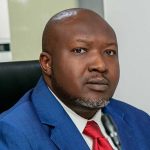

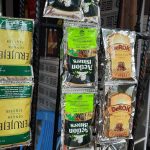


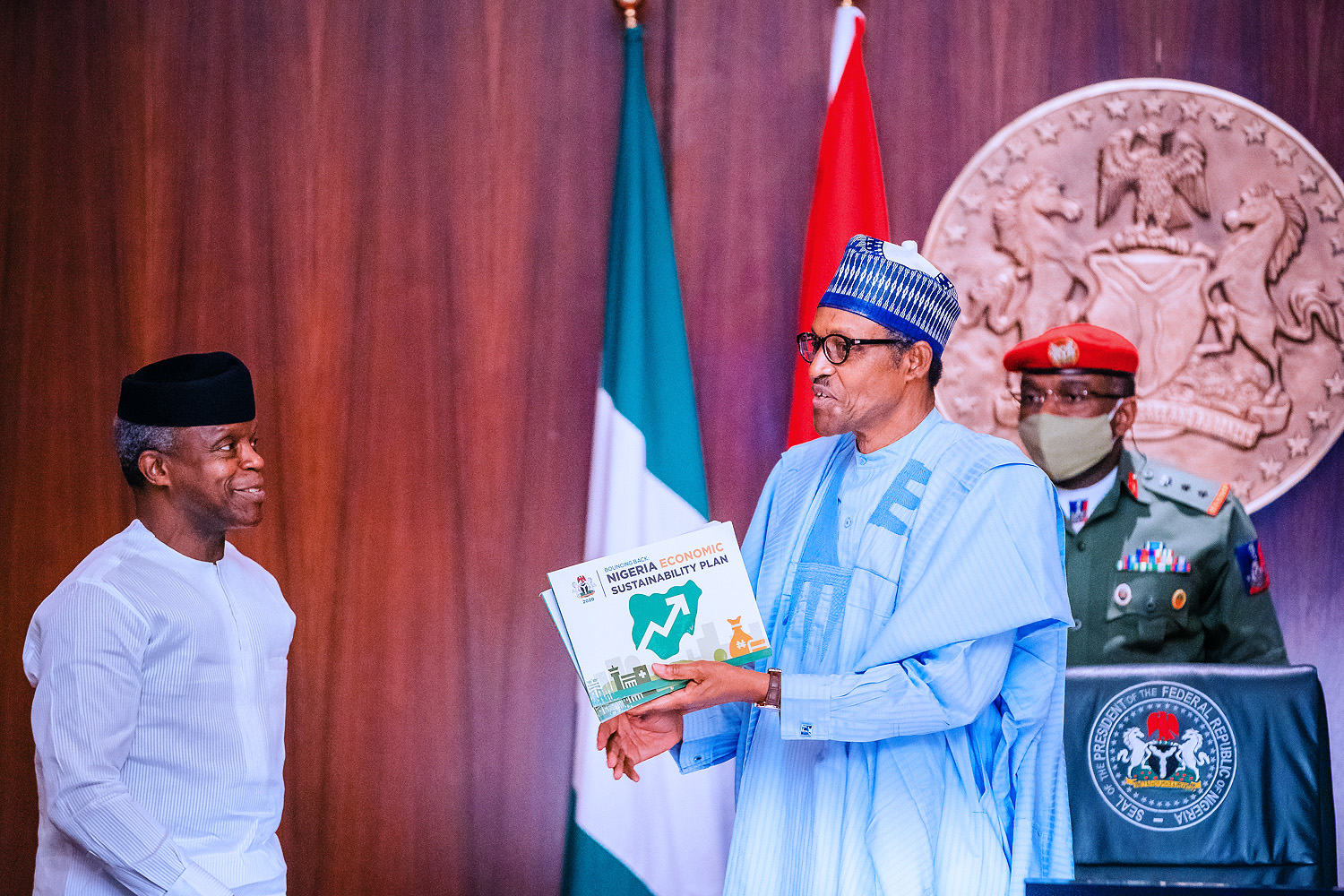

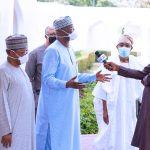
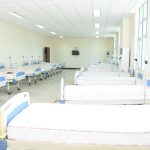




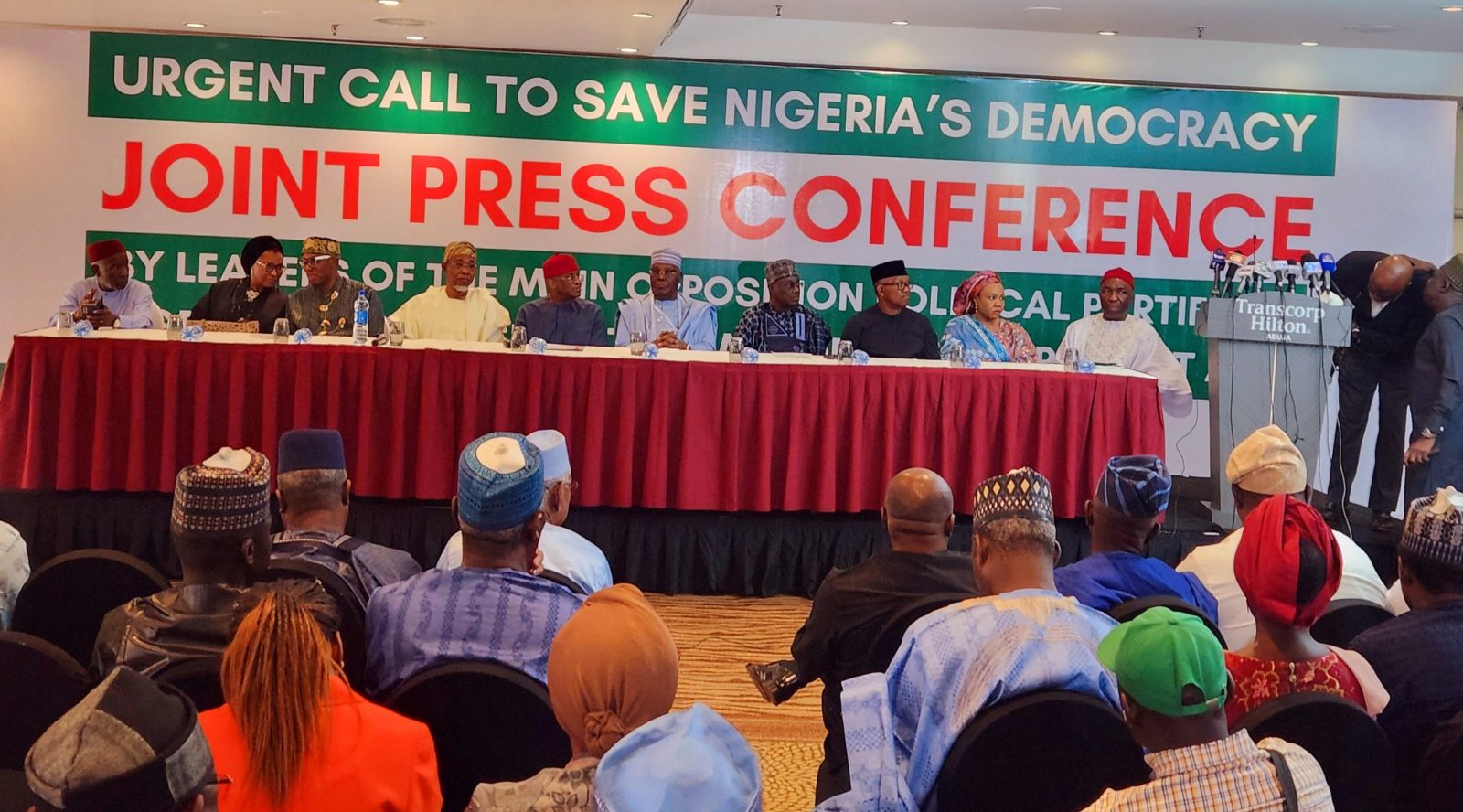
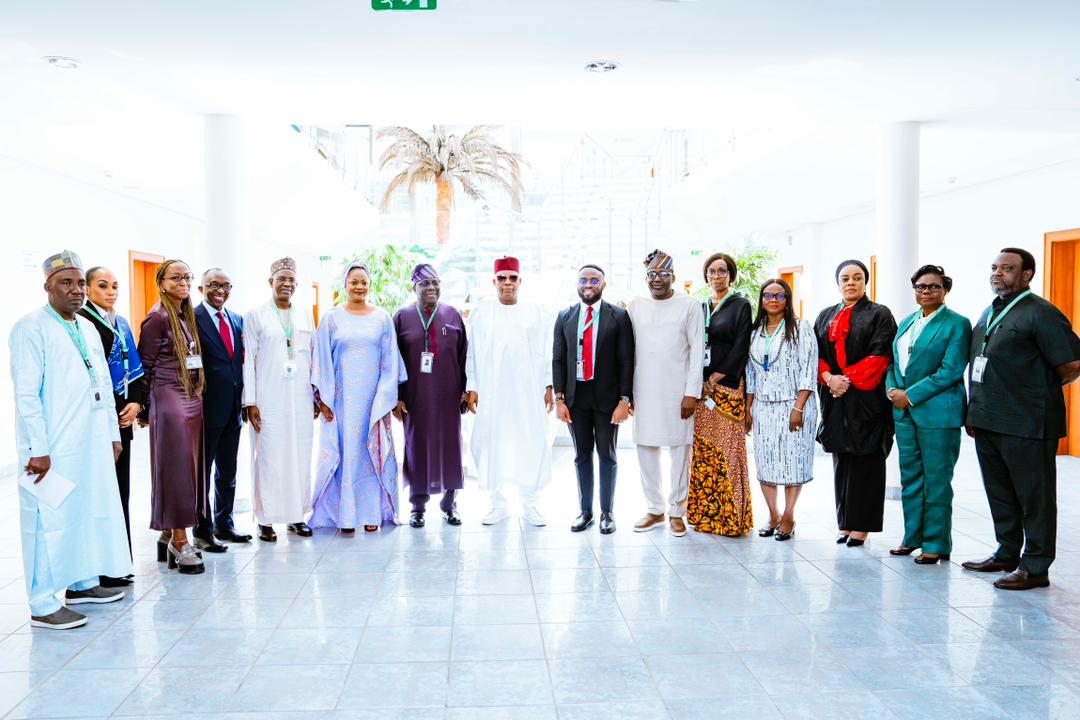
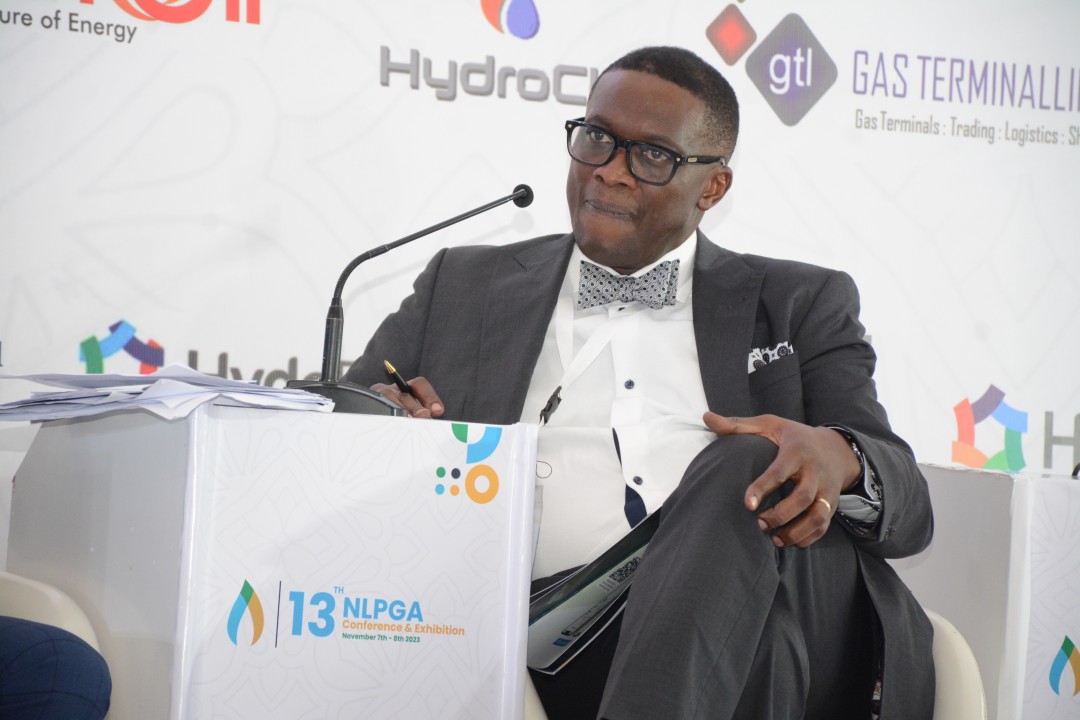
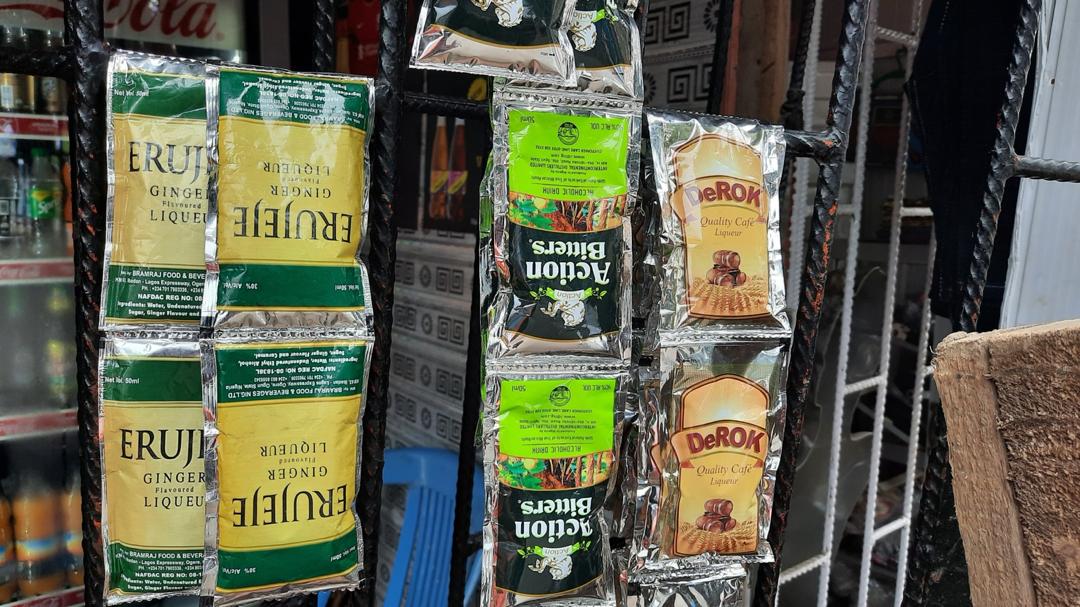
Leave a comment